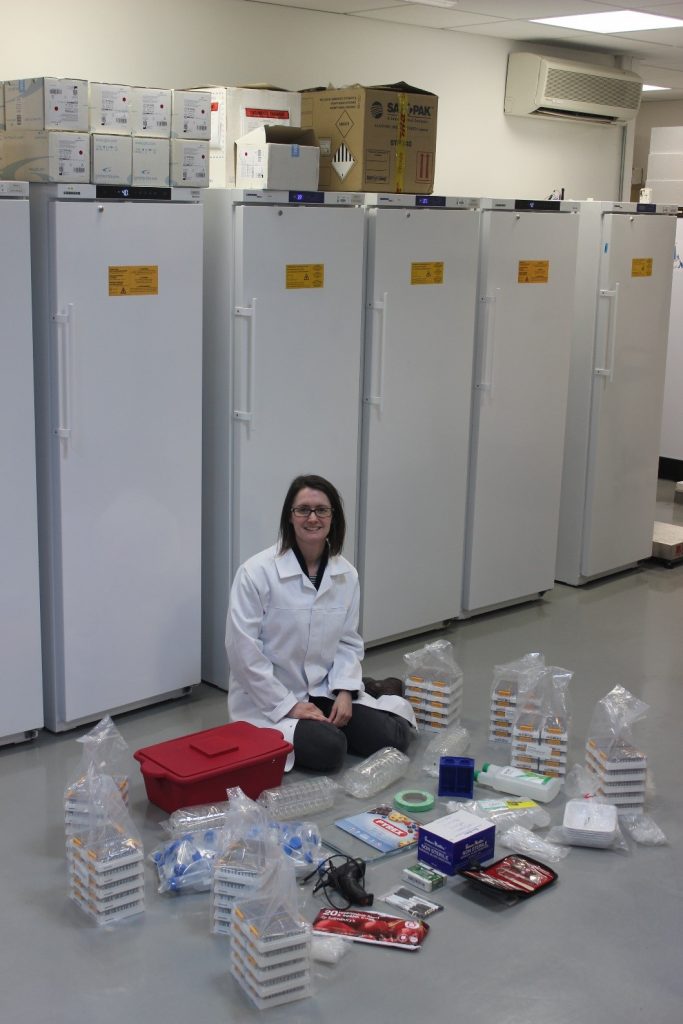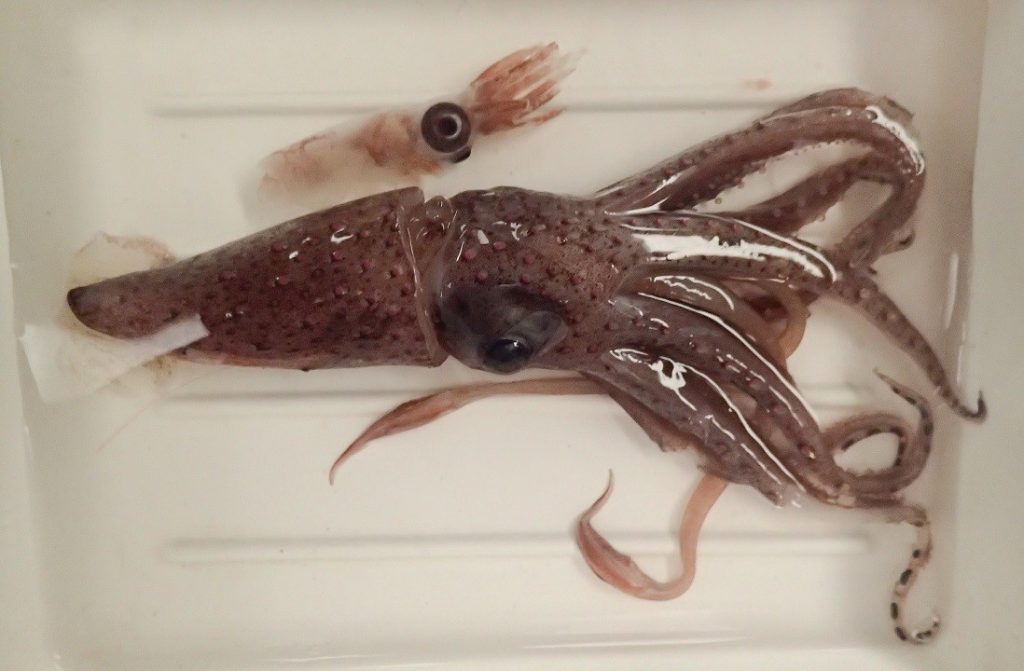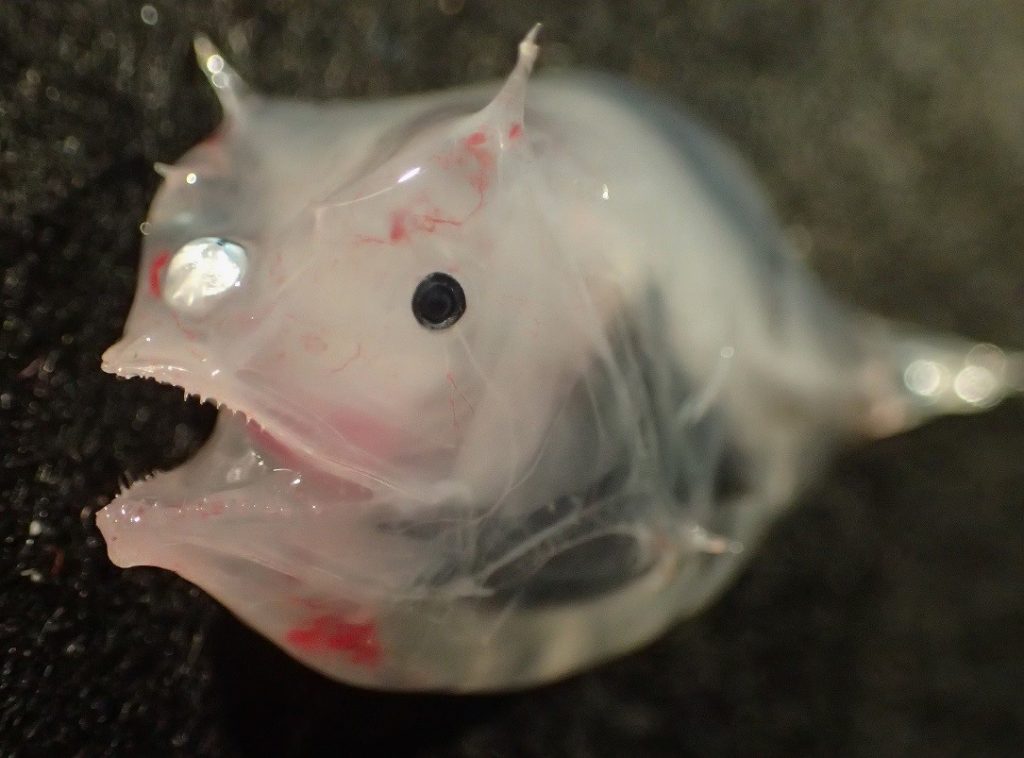On the 7th of March this year Kirsty Lloyd, the BBSRC funded technician for CryoArks based at the Natural History Museum, will embark on a research cruise to collect samples for the Biobank. She will be on the RRS Discovery when it leaves from Stanley in the Falkland Islands and travels to two UK Overseas Territories, Tristan da Cunha and St Helena. Both are isolated volcanic islands in the South Atlantic. In fact, Tristan da Cunha is the most remote inhabited archipelago in the world, it is more than 2000km from anywhere!!… and nearly 3500km from St Helena, the Discovery’s second destination.

This will be Kirsty’s first time aboard a research vessel, but it is actually the second such visit to Tristan da Cunha and St Helena. The Discovery’s expedition follows on from the RRS James Clark Ross survey in March last year. Both surveys are a part of the Blue Belt Programme, a four year (2016 to 2020) collaborative programme delivered by Centre for Environment, Fisheries and Aquaculture Science (CEFAS) and the Marine Management Organisation (MMO) with the UK Overseas Territories (UKOTs). It is funded by the Conflict, Stability and Security Fund (CSSF) to support the UKOTs develop, implement and enforce marine protection strategies.
CEFAS, jointly with the British Antarctic Survey (BAS), conducted 16 days of marine ecosystems research during the first survey on the RRS James Clark Ross. As both Tristan Da Cunha and St Helena are heavily dependent on their marine resources, the aim of the survey was to understand more about the islands’ marine territories and gain information that could inform management decisions to help safeguard the islands’ biodiversity and allow for sustainable future development.


The follow up survey onboard the RRS Discovery will build upon the information already gained. This will include expanding understanding of seamount topography, pelagic food webs and pollution. As the on-board Biobanking Technician, Kirsty will be taking tissue samples from a whole range of specimens as they are collected. She will be aiming to preserve the DNA within the cells of the tissues as much as possible. The samples will then be brought back and deposited into the Molecular Collections Facility in the Natural History Museum in London.
The samples and the information associated with them will all be made available on the CryoArks database for researchers across the country to access. This collection of samples from animals that live in a remote, hard to reach and understudied part of the ocean will dramatically increase the taxonomic representation in the CryoArks Biobank. It is our hope that these samples will prove to be an extremely valuable genetic resource and research outputs will help inform conservation and management decisions.


